Verifiable AI for Crypto Governance: A Research Collaboration with Sentient
Crypto governance is slow and centralized. Eigen Labs and Sentient collaborated on research exploring how verifiable AI could revolutionize DAO governance by autonomously evaluating proposals and enforcing rules.
Governance breaks at scale. DAOs vote slowly, experts are scarce, and human judgment becomes the bottleneck. AI could solve this—if it were verifiable. We’re building the infrastructure to make verifiable AI adjudication inevitable.
What if blockchain protocols and DAOs could create governance rules and commitments that were autonomously enforced using an AI? What if proposals could be immediately evaluated or even decided by an AI rather than using existing DAO voting mechanics? What if those AIs had both (i) the legal sophistication of a top corporate governance expert to evaluate whether upgrades complied with DAO governance documents and (ii) the technical sophistication to evaluate proposals based on the spirit and letter of that DAO’s purpose? And crucially, what if we could ensure that these AIs are operated verifiably and are therefore trustworthy?
We at Eigen Labs think this is possible and would be revolutionary for crypto and verifiable systems. This thesis drives our latest collaboration with Sentient, where we're exploring the intersection of artificial intelligence and governance. While Sentient’s immediate research work focuses on corporate governance capabilities of AI, we think the implications for crypto systems are profound.
Understanding Governance Through the CHANCERY Benchmark
Coming up with robust benchmarks and evaluating model performance against them remains one of the biggest challenges in deploying frontier AI systems for usage. It’s the ultimate test for stakeholders in these systems to gain confidence in model behavior. As such, Sentient has developed CHANCERY, a novel benchmark that evaluates whether AI models can determine if proposed corporate actions comply with company charters and relevant corporate law. The benchmark's results reveal both progress and challenges.
State-of-the-art models like GPT-4o achieve 75.2% accuracy on the benchmark, while specialized reasoning agents reach 78.1%. While these models perform better than contemporary ones, they still fall short of the sophisticated reasoning required for reliable governance compliance assessment.
These numbers are both impressive and daunting. The task requires sophisticated reasoning: analyzing complex corporate documents and entire bodies of corporate law, understanding multi-step logical chains, and applying laws and principles to specific scenarios. These benchmark results demonstrate that AI may be able to serve as another data point in a set of many that inform strong governance decisions. However, until these AI models improve significantly, human input will be required to ensure decisions are consistent with agreed governance standards.
The Governance Challenge in Decentralized Systems
Today's crypto governance faces a fundamental tension. On one hand, crypto governance usually needs expert human judgment for complex decisions—whether to approve a protocol upgrade, how to allocate treasury funds, or when to adjust parameters. On the other hand, human-driven governance is some combination of slow, centralized, and prone to manipulation, corruption, or bias.
AI presents a potential unlock. A capable AI model could help make governance decisions that previously required expert human decision-making. This could result in significantly faster and better decision-making while improving, rather than compromising, decentralization.
Verifiability: the Missing Piece
Existing AI models, however, have some shortcomings that limit their potential use in crypto governance: one shortcoming is that they must be run by somebody. That person or entity is a point of centralization that can manipulate the system. This is a dealbreaker in decentralized systems. Therefore, for the AI system to be deployed into crypto governance systems, anybody must be able to confirm that the AI performed as expected and was not manipulated. In other words, it must be verifiable.
EigenCloud provides this verifiability. Sitting on top of Ethereum, EigenCloud enables the creation of services, named Autonomous Verifiable Services (AVS), well-suited for these types of offerings around commitments. Each AVS provides a commitment, backed by a certain amount of economic security, that it functions according to specific conditions, such as serving a specific AI model, weights, and prompts.
With EigenCloud, you can create verifiable AI. This verifiable AI has many potential applications, but one particularly promising one is deploying a verifiable AI for governance of decentralized systems or DAOs. For example:
- DAOs could implement verifiable AI governance review or approval mechanisms that automatically evaluate proposals against a DAO’s constitutional documents, ensuring every decision aligns with the community's stated principles.
- Protocols could enforce natural language commitments through AI that prevents any upgrades violating promises made to users (e.g., "we will never implement fees above X% on apps that build on our protocol").
- DAOs could implement minority token-holder rights similar to minority shareholder rights, which would provide protection against the tyranny of the majority (i.e.,actions that directly harm and treat minority tokenholders differently than the majority) that exists to varying degrees in all DAOs today.
All of these use cases of a verifiable AI adept in governance decisions could dramatically improve the effectiveness and efficiency of DAOs and be revolutionary for blockchain systems. Without this AI being verifiable, none of these use cases are feasible to implement in a decentralized way because of the risk that a non-verifiable AI could be manipulated by the centralized party controlling it.
The Road Ahead
The CHANCERY research represents the first step in a much longer journey. Corporate governance and decision-making research provide valuable insight into the capabilities of existing AI models for general governance decision-making.
The CHANCERY benchmark shows us both how far AI has come and the progress that still needs to be made to implement AI in crypto governance. What is clear to us, however, is that verifiable AI can and will eventually revolutionize crypto governance.
We're excited to continue working with the Sentient team, which is at the cutting edge of improving AI models for governance use cases (among many others) while we continue to build out the capabilities to make these AI systems verifiable.

